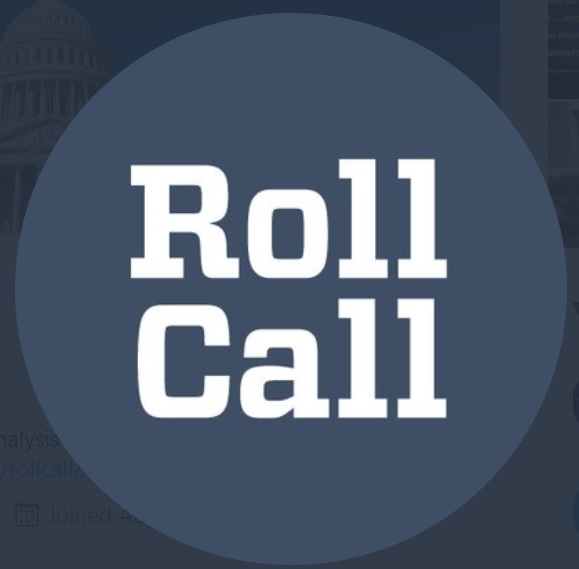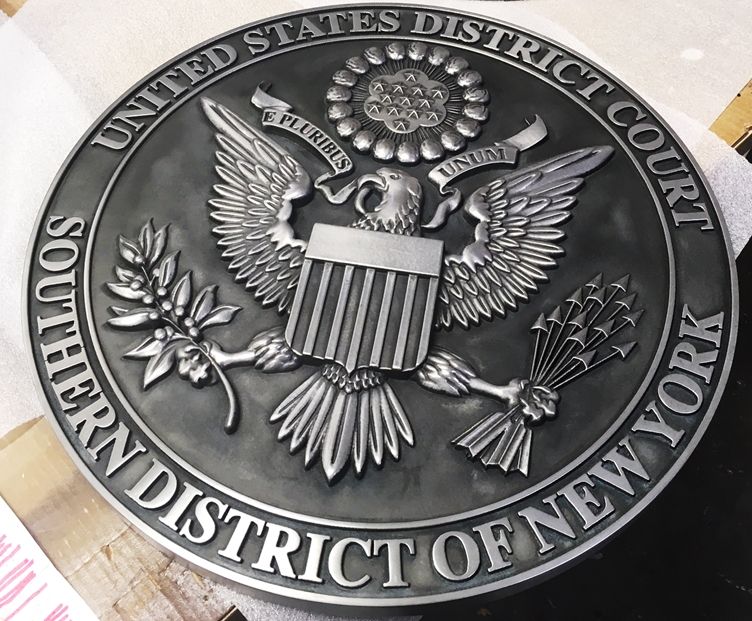By John E. Deaton, Founder and Host, CryptoLaw.
On December 22, 2020, former SEC Chairman Jay Clayton directed the filing of the most significant SEC enforcement action in modern history on his last day. The SEC complaint named defendants Ripple Labs, along with, co-founder Chris Larsen and CEO Bradley Garlinghouse.
The SEC action against Ripple and its executives caused over $15 billion in losses for XRP holders in the days following it.
Clayton’s action against Ripple, and its impact on retail investors, was the culmination of more than a decade of the SEC refusing to set clear rules of the road for the treatment of digital assets or the development of projects that used them. They have chosen to set policy by enforcement, dismissing the interests of the people they have a mission to protect.
So, on January 1, 2021, I filed a Petition for Writ of Mandamus in Rhode Island Federal District Court, asking the SEC to amend its complaint to limit the impact on XRP holders.
On March 5, the SEC responded with a motion to dismiss my petition. In it, the agency again shirked any responsibility for the catastrophic harm caused by its actions against Ripple and its executives. Instead, the SEC blamed cryptocurrency exchanges for causing the financial harm suffered by XRP holders, despite Jay Clayton himself having been warned of the massive impact by former SEC commissioner Joseph Grundfest.
In its motion to dismiss my petition, the SEC said that the US District Court for the Southern District of New York is the only forum to weigh all matters related to their actions against Ripple, and XRP holders by default:
“Here, an avenue for judicial review of the Commission’s complaint against Ripple clearly exists. The Southern District of New York will decide whether the complaint warrants any relief. Thus, the Commission’s enforcement proceeding in the Southern District of New York, brought under the Securities Act, supplies the exclusive method for testing the validity of the Commission’s complaint against Ripple.”
If the Southern District of New York is the exclusive venue for decisions that have already proven to have a massive impact on XRP holders and are likely to set the course for the future of all cryptocurrencies in the U.S., then that’s where we must go.
Ripple, Larsen and Garlinghouse are focused on defending their interests against the SEC’s attack, and the $1.3 billion the agency requested from them in damages. It’s not up to them to defend mine, or the interests of any other XRP holders. We didn’t buy XRP from them, nor did we consider Ripple’s success as a company when we bought it. It’s up to us to defend ourselves against the SEC.
Today I am filing a motion to intervene in that case in the exclusive venue to represent our interests. I’m calling the agency on its arguments, and I will see this through to the end. That motion and others related have been uploaded to the CryptoLaw document Library:
If you are an XRP holder and want more information on joining this action, fill out an online form that my law office has made available here.










